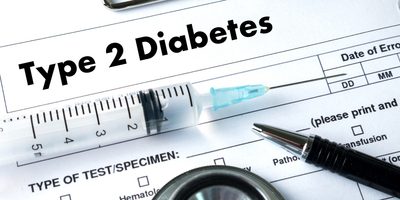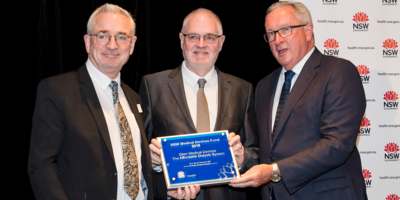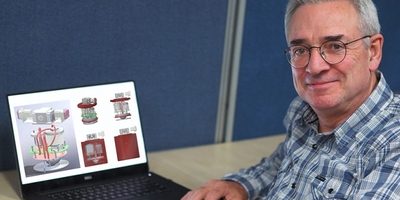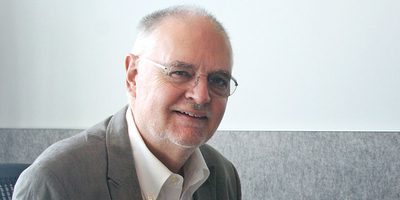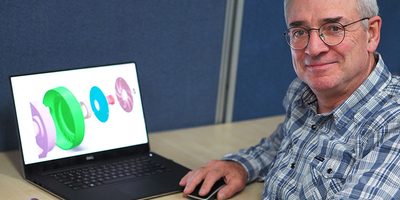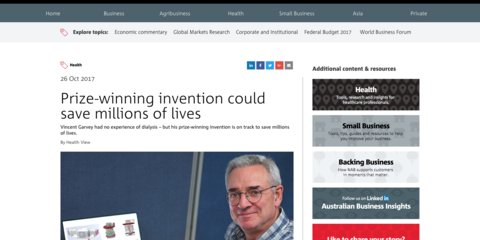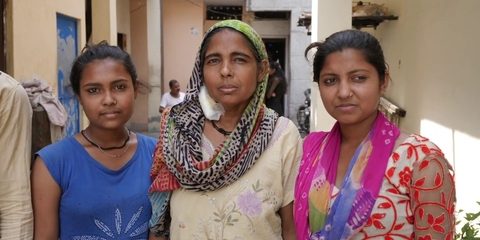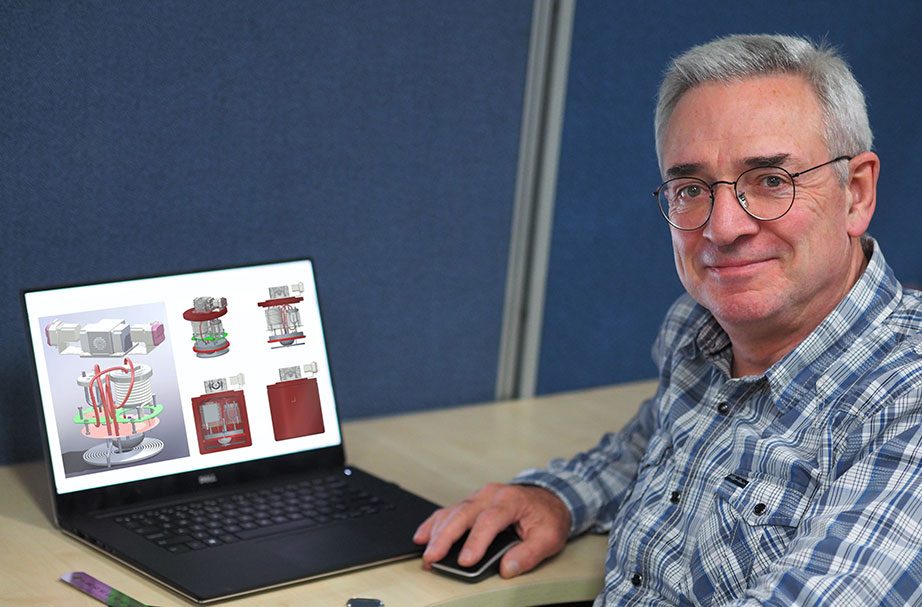
World’s first affordable dialysis machine a finalist in 2017 Eureka Awards
It’s an invention that could save millions of lives each year and transform the way kidney disease is treated.
The George Institute for Global Health, which is developing the world’s first affordable dialysis system, has been announced as a finalist in the Johnson & Johnson Eureka Prize for Innovation in Medical Research.
Professor Vlado Perkovic, Executive Director of The George Institute, Australia, said this was a great honour and recognition of the outstanding work of the renal team at The George and the inventor of the system, Vincent Garvey.
“Two years ago we published research in The Lancet showing an overwhelming need for an overhaul of dialysis. Every year whilst over 2.5 million people receive dialysis a further seven million people die of kidney disease because they can’t get access to life saving treatment.
‘The barrier is largely cost with machines costing tens of thousands of dollars, and extra running costs on top. Technology had not moved forward in decades so we set about changing that.”
In 2015 The George Institute created a world-wide competition, with a prize of $100,000, to design the world’s first truly affordable dialysis system. It had to cost less than US$1000 to build at scale and provide treatment for less than $5 a day, be able to run on solar power and any water source and be as good as existing machines.
The winner was engineer, Vincent Garvey, from the Isle of Man in the UK, who created an innovative system comprised of a water purifier, care station and solar panel, “without any previous exposure to, or knowledge of, dialysis”, Professor Perkovic said.
Mr Garvey miniaturised and combined a number of existing processes to develop a system that is reliable, safe and cheap. Miniaturising aspects of existing dialysis systems, and combining this with technology from wearable devices and drones has allowed a breakthrough approach to be developed.
Each machine can be mass produced for US$850 and can provide dialysis for up to five people and is so small it can fit into a suitcase so is fully portable.
Mr Garvey has taken out global patent protection and together with The George Institute has set up the NSW company, Ellen Medical Devices, to build a prototype and to commercialise the system. It is hoped trials will begin in 2018.
With the amount of people needing dialysis set to double by 2030, the need for this machine has never been greater.
Winners of the Eureka Prize, which is presented annually by the Australian Museum, will be announced at a gala dinner on August 30 at Sydney Town Hall. The George Institute is also one of a record 12 finalists from UNSW Sydney.
Find out more about the 2017 Eureka Prizes.
Find out more about Ellen Medical and the affordable dialysis system.




